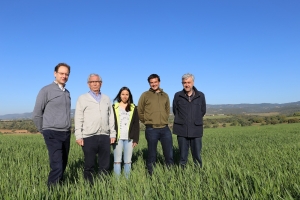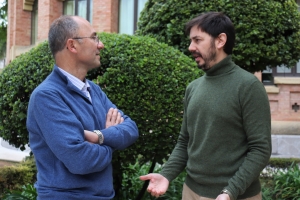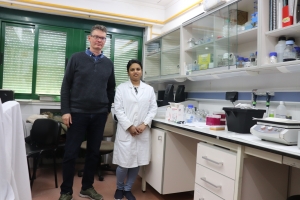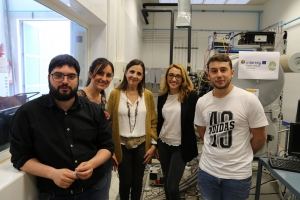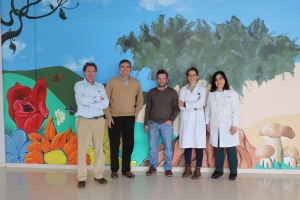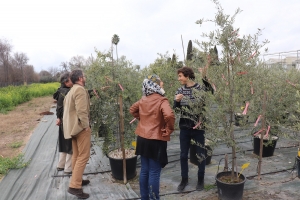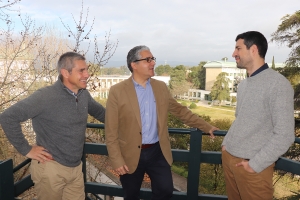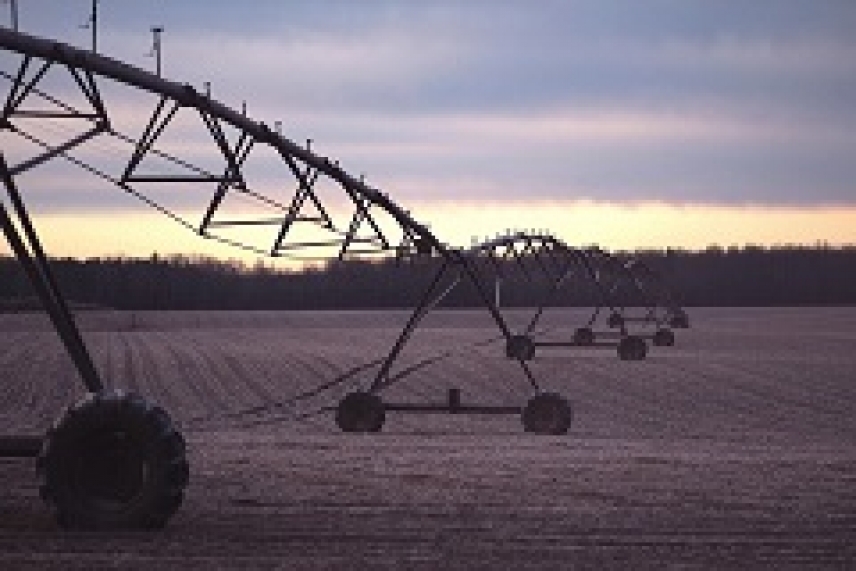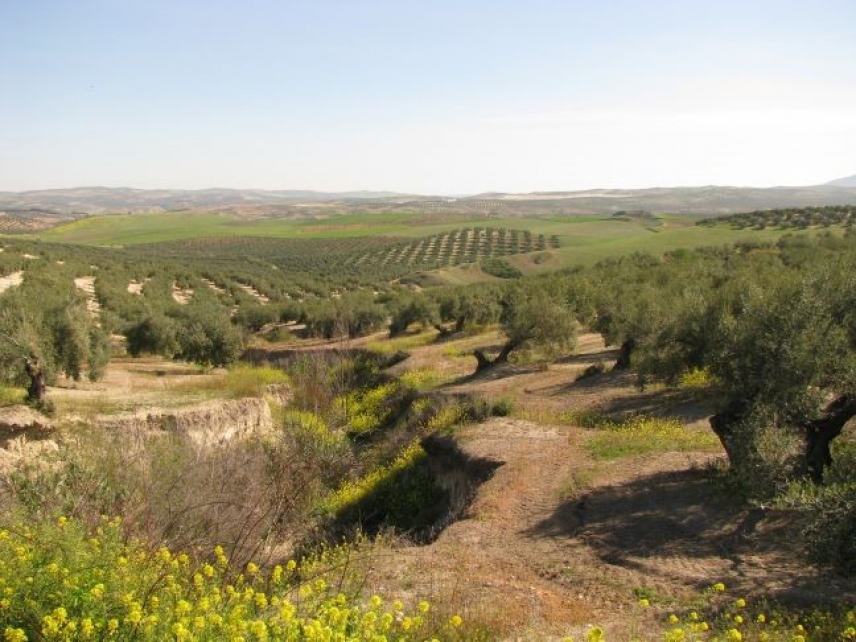LIFE AGROMITIGA PROJECT | How Do Agricultural Practices Affect a Crop's Carbon Footprint?
The LIFE Agromitiga project studies how to calculate the carbon footprint of agricultural production and Conservation Agriculture's capacity to reduce it
Climate change will cause a loss of olive production in Andalusia
A study led by the University of Cordoba estimates close to a 30% decrease in production in the province of Seville, which will most suffer the effects of climate change
In Search of a Synthetic Microbiome to Strengthen Crops' Defences
The Direction project researches the set of microorganisms that protect tomatoes against pathogenic attacks
BIOMASSTEP | Enabling the General Public to Analyse Biomass
The Biomasstep project is developing an innovative technology available to the general public that makes it possible to ascertain the quality of biomass on site
BIOCONTROL-A. The fight against aflatoxins, the dangerous toxic that contaminates crops
The BIOCONTROL-A project seeks to prevent the contamination of almonds and pistachios by toxins produced by several species of fungus
OLIVE MIRACLE. An application to predict the future of the olive tree
The European 'Olive-Miracle' project is developing a model that predicts the behaviour of olive groves in the face of climate change throughout the Mediterranean
A European project to promote Agriculture's public “assets”
Artificial intelligence saves water for water users associations
A research group at the University of Cordoba has developed a model based on artificial intelligence techniques that can predict how much water each water user will use
Agriculture uses 70% of the water in the world and this appears to be an upward trend regarding water needs. In this context in which the demand in other industry sectors is increasing as well and the effects of climate change influence ever-increasing water shortages, water saving measures have become an unavoidable challenge if we want to maintain the sector and preserve life.
Theeffect of rainfall and vegetation in controlling the erosion of Mediterranean cropland
Researchers at the University of Córdoba’s Department of Agronomy are examining the use of rainfall and plant cover as variables for predicting gully formation.
Gully formation is one the most common features of soil erosion in Mediterranean environments. Gullies – incisions or ditches produced by the action of water running over the soil surface – are mostly found in dry lands, which are naturally more sensitive to the negative impact of erosion. Gully formation is becoming a major concern for farmers in the Mediterranean area.
Diverfarming drafts the map of crop diversification in Europe
The project, within the framework of the Horizon H2020 of the European Commission, has carried out a bibliographical search on the state of crop diversification in Europe.
Intercalating crops and reducing or eliminating tilling practices. That is the basis of the diversification of perennial and woody crops that predominates in Europe.


